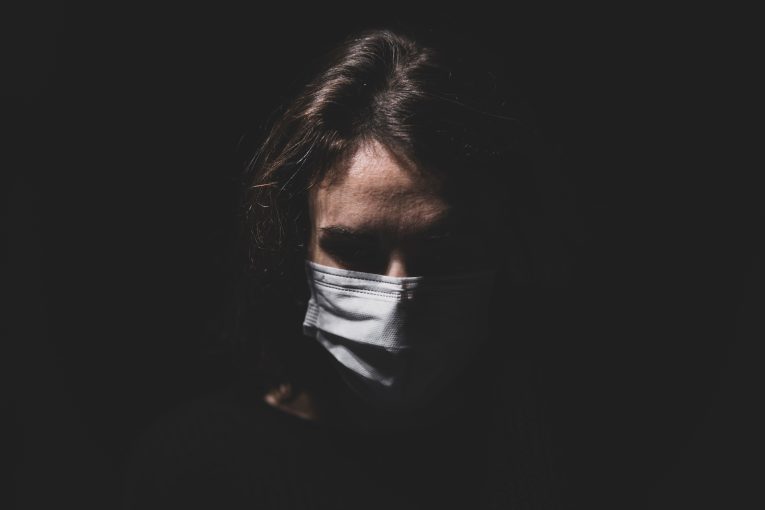
The Online Lecture (KulOn) organized by the Center for Public Mental Health (CPMH) of the Faculty of Psychology UGM was held on Thursday (30/6). The topic discussed at this online lecture event was “Self-Regulation: Between Me and the Pandemic”. The discussion on the topic was accompanied by Nurul Kusuma Hidayati, M.Psi., Psychologist and Wirdatul Anisa, M.Psi., Psychologist. Besides being done online with the Zoom meeting application and broadcast through the CPMH YouTube channel, KulOn this time for the first time was also broadcast using the Instagram Live feature.
“When it comes to transitions in any case, the first thing that comes up is uncertainty. This usually causes individuals to experience confusion,” explained Nurul. In addition to confusion, the condition of uncertainty can also bring up the sides of anxiety. “Anxiety that arises during a pandemic like this is different because this (pandemic) is long and fluctuating. Plus, there is no certainty about how long the pandemic will end,” continued Wirdatul.
“In the early days of the pandemic, we felt that this (pandemic) would soon pass. Trying to adjust and do that together,” said Nurul. However, when what a person thinks different with reality, then it brings up other phases, such as a feeling of hopelessness that ultimately changes the challenge. Initially challenged because of the enthusiasm that the pandemic will end, but ultimately challenged because of overcoming negative thoughts.
Thus, the topic of self-regulation is discussed in KulOn this time because it relates to the preparation of individuals in adapting, especially facing changes that have and will occur after the pandemic ends. “This topic may not be as heavy when discussed as when talking about mental disorders and so on. However, it turns out that this (self-regulation) is such an important issue,” explained Wirdatul.
According to Nurul, it is undeniable that the pandemic can undermine self-regulation efforts that had been carried out before the pandemic occurred. One simple example is a family that has implemented certain rules and provides understanding to children which in the end makes a child have self-control regarding himself, emotions, thoughts, and even behaviour. “Suddenly a pandemic occurred, causing the family to be confined in the house and not allowed to go anywhere. Access to the outside world only from a screen that may have been strictly regulated in the home. Inevitably it becomes free and allowed, “explained Nurul.
Such a change for young children is not an easy thing, “something that they were previously formed, whether they (children) consciously or unconsciously formed. How can we expect our children whose prefrontal cortex is not yet developed to have to analyse the suddenly change. The change itself is confusing”, said Nurul.
At the end of the event, Nurul also left a message that the importance of increasing awareness about mental health soft skills together, one of which is self-regulation soft skills. As much as possible regulations be introduced as early to children.
